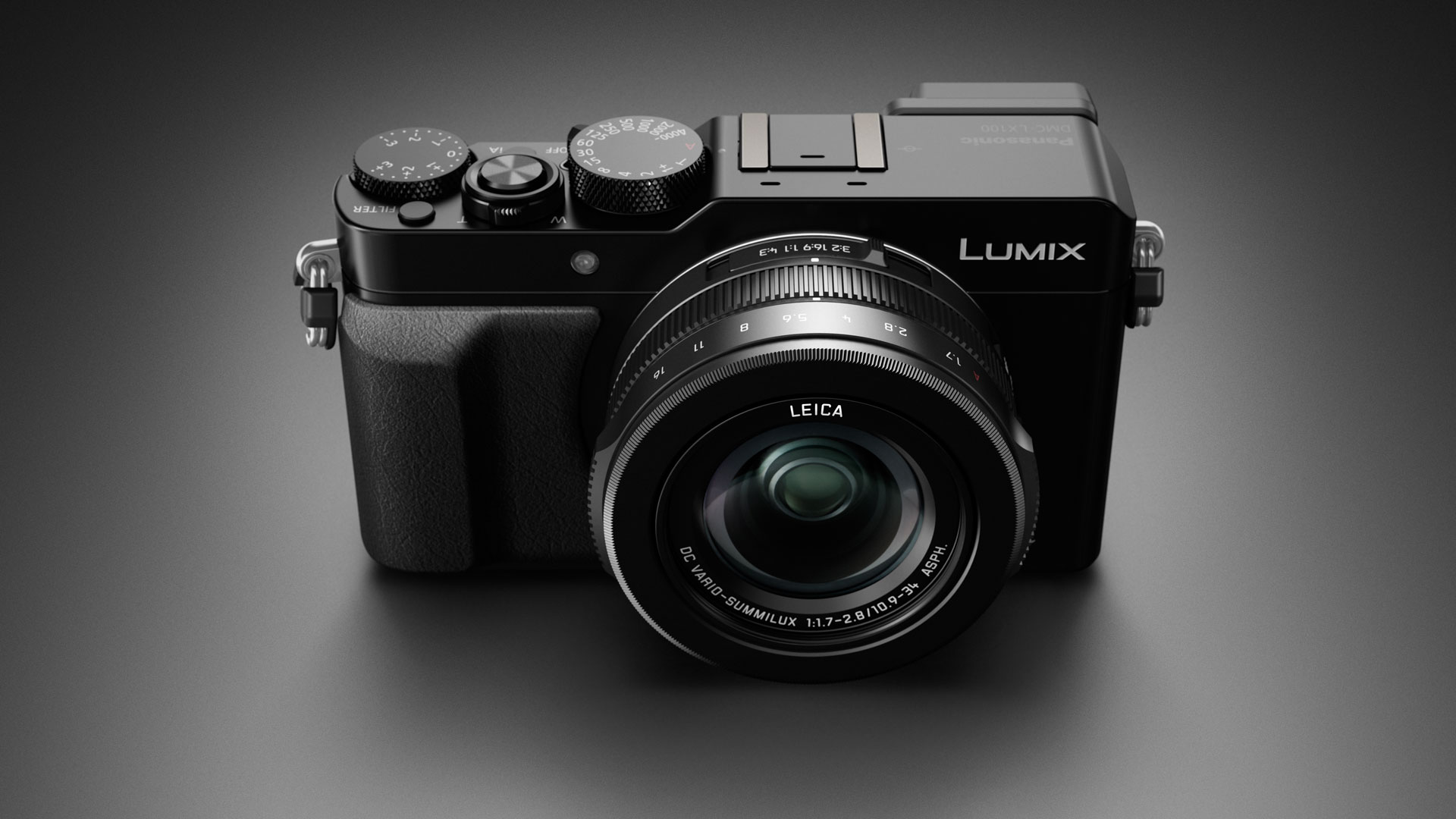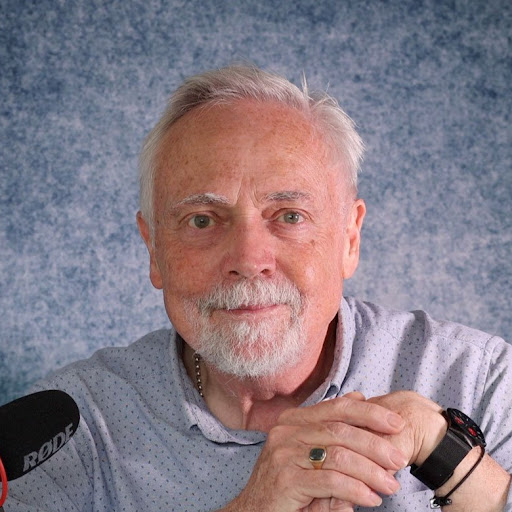Is the brand new Panasonic LX100 the perfect high-end compact?
The LX100 ticks every box we could think of. And some other ones we hadn't

Sign up for breaking news, reviews, opinion, top tech deals, and more.
You are now subscribed
Your newsletter sign-up was successful
Keen photographers have migrated to digital SLRs and compact system cameras in their droves, chasing big sensors and manual dials and leaving the old high-end compact camera market behind.
Except that the high-end compact camera isn't done yet. If you can put a big sensor in a compact system camera you can put it in a high-end compact, and that's just what Panasonic has done with the LX100.
Bigger sensors are better
Its predecessor, the Panasonic LX7, uses a much smaller 1/1.7-inch sensor. It's still larger than the sensor in the average point and shoot camera, but can't match the quality of the Four Thirds and APS-C size sensors you get in bigger, interchangeable lens cameras.
The traditional wisdom is that you put up with the smaller sensor to get a camera you can fit in a pocket.
But the Panasonic LX100 turns that on its head. Panasonic has fitted a Four Thirds sensor the same size as those in its larger compact system cameras, and five times larger than the one in the old Panasonic LX7. You also get a high-quality 24-75mm equivalent f/1.7-2.8 Leica lens and an integrated electronic Live View viewfinder with 2,764k-dot resolution.
You get big-sensor quality, but the portability of a high-end compact. And it doesn't stop there.
Taking control
Keen photographers want to be able to adjust shutter speeds and apertures with proper knobs and dials, and it's been a long time since you could do that with the average digital camera – most use control dials, buttons and on-screen interfaces instead.
Sign up for breaking news, reviews, opinion, top tech deals, and more.
The LX100 goes back to basics, with an aperture ring on the lens, and shutter speed dial on the top and even a manual EV compensation dial. Brilliant.
It's not all old-school retro, though, because the LX100 boasts some state-of-the art tech too. Like 4K video, for example, which captures movies at an amazing 3,840 x 2,160 pixels – though you can also shoot at 'ordinary' 1920 x 1080 full HD too.
Even the autofocus system is new; you can choose from Full Area AF, choosing any part of the scene to focus on, a 49-point Focus Detect Area mode and a Low Light AF mode which will work down to light levels of -3EV. According to Panasonic, it can focus in starlight…
We'll reserve a final opinion until we get the LX100 in for a full test, but this does look like one of the more exciting and important cameras of the year.

Rod is an independent photographer and photography journalist with more than 30 years' experience. He's previously worked as Head of Testing for Future’s photography magazines, including Digital Camera, N-Photo, PhotoPlus, Professional Photography, Photography Week and Practical Photoshop, and as Reviews Editor on Digital Camera World.